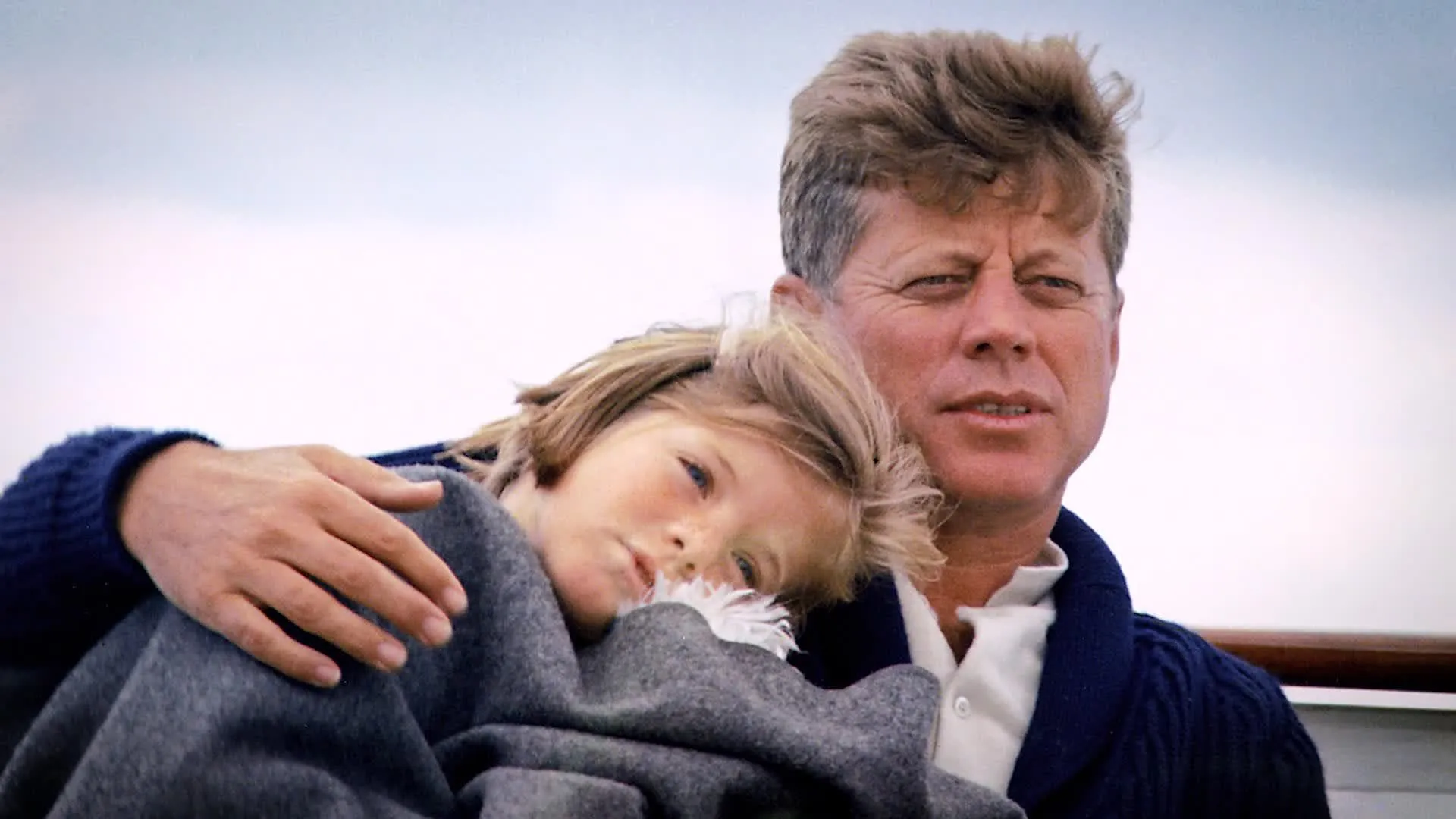In the realm of classic television, few shows have managed to capture the hearts and tickle the funny bones of audiences quite like "The Munsters." Airing from 1964 to 1966, this quirky sitcom offered a supernatural twist on the traditional family sitcom and became a beloved part of American pop culture. In this article, we'll step back in time to explore the eerie and endearing world of "The Munsters" and why it remains a timeless classic.
(Watch the video below)
1-1691731199.jpg)
Monstrous All-American Family
At the heart of "The Munsters" is the Munster family—a quirky group of characters that include Herman Munster (Fred Gwynne), Lily Munster (Yvonne De Carlo), Grandpa Munster (Al Lewis), Eddie Munster (Butch Patrick), and their niece Marilyn Munster (Pat Priest). Residing at 1313 Mockingbird Lane, the Munsters are a loving family of monsters whose unique traits and appearances often lead to hilariously awkward situations in the real world.
The juxtaposition of their supernatural qualities with their genuine warmth and camaraderie is a defining aspect of the show's appeal. While their appearances may be monstrous, their hearts are undeniably human, making them a relatable and endearing group.
Characters and Dynamics
5-1691731246.jpg)
"The Munsters" featured a colorful cast of characters, each with their own unique quirks and personalities:
Herman Munster (Fred Gwynne): As the head of the Munster family, Herman was a Frankenstein's monster-like creature with a gentle and lovable demeanor. Despite his imposing appearance, Herman had a heart of gold and often found himself in comical situations due to his clumsiness and good-natured nature.
Lily Munster (Yvonne De Carlo): Lily was Herman's wife and the matriarch of the Munster family. A vampire with a calm and collected demeanor, she often acted as the voice of reason amidst the chaos caused by her family members.
-19-1691731415.jpg)
Grandpa Munster (Al Lewis): Grandpa was Lily's father and a charmingly eccentric vampire. He was known for his experiments and occasional mischief, often leading the family into humorous predicaments.
Eddie Munster (Butch Patrick): Eddie was Lily and Herman's young werewolf son. His mischievous antics and childlike innocence added a playful dynamic to the family.
Marilyn Munster (Pat Priest): Marilyn was Lily's niece, and she was the odd one out in the family due to her normal appearance. Despite her differences, she was deeply loved by her eccentric relatives.
Relevance and Timelessness
9-1691731265x1024.jpg)
Despite its original run being relatively short-lived, "The Munsters" continues to find new audiences and captivate fans. Its themes of acceptance, family values, and celebrating individuality remain relevant today. The Munster family's ability to embrace their differences and remain united in the face of adversity resonates with viewers of all ages.
Nostalgia and Fond Memories
10-1691731281.jpg)
For many, "The Munsters" holds a special place in their hearts as a show that brought laughter and joy during their formative years. Nostalgia for the show's unique blend of humor and horror elements is a driving force in its enduring popularity.
Comedy and Whimsy
-14-1691731297.jpg)
"The Munsters" was known for its clever blend of slapstick humor, witty wordplay, and zany antics. The show's comedic situations often stemmed from the Munster family's misunderstandings of human customs and their attempts to navigate everyday life. Herman's clumsy antics, Grandpa's mischievous experiments, and Lily's calm and collected demeanor in the midst of chaos added layers of humor to the show.
The comedic elements were further enhanced by the Munster family's interactions with their non-monster neighbors, the unsuspecting normal folk who often found themselves bewildered by the Munsters' antics. This contrast between the supernatural and the mundane was a rich source of comedic gold.
Cultural Impact and Legacy
-15-1691731311.jpg)
"The Munsters" has left an indelible mark on popular culture, influencing subsequent generations of television and film. The show's quirky premise, memorable characters, and unique visual style have inspired parodies, homages, and references in various media. The Munsters' iconic mansion and the eerie yet endearing characters remain enduring symbols of classic television nostalgia.
The show's enduring popularity has led to spin-offs, remakes, and reimaginings, all of which pay homage to the original series' timeless appeal. The Munsters' status as cultural icons ensures their place in the annals of television history.
Championing Uniqueness
-16-1691731323x1024.jpg)
Beneath its supernatural and comedic exterior, "The Munsters" subtly championed the idea of embracing one's uniqueness and celebrating individuality. Despite their unconventional appearances, the Munster family was a tight-knit group that accepted each other for who they were, setting an example of unconditional love and support. This theme of acceptance resonated with viewers and remains a relevant message today.
Conclusion: A Timeless Haunt of Laughter
-20-1691731340x1024.jpg)
"The Munsters" continues to haunt the hearts of viewers with its blend of humor, heart, and timeless charm. The show's ability to celebrate the unusual, find humor in the absurd, and warm hearts with its depiction of a loving family has solidified its place as a beloved classic. As we revisit the Munster mansion and join their misadventures, we celebrate the enduring laughter and genuine affection that this ghoulishly delightful show continues to inspire.



